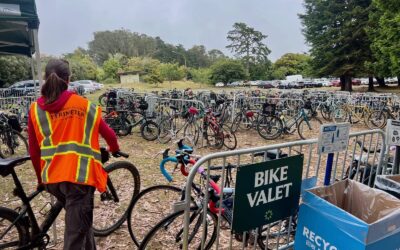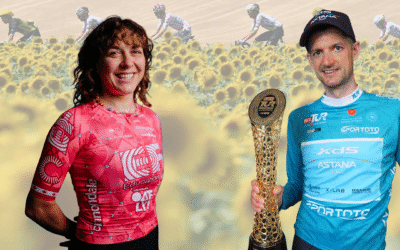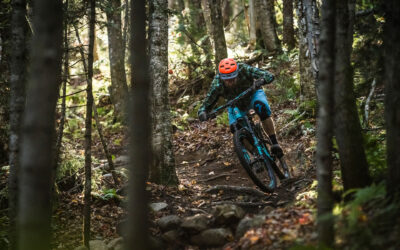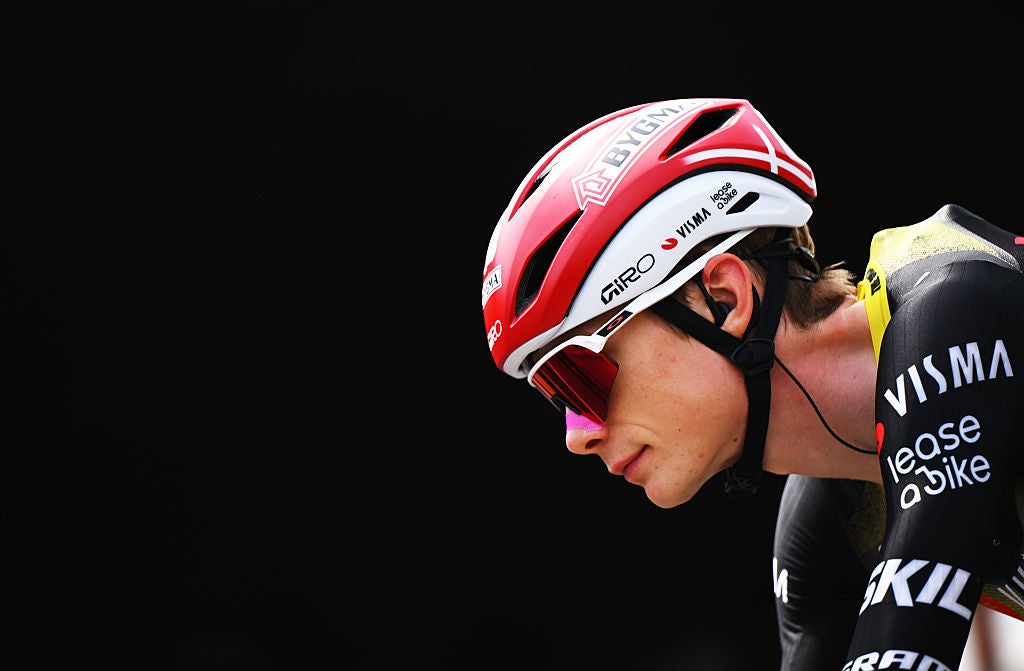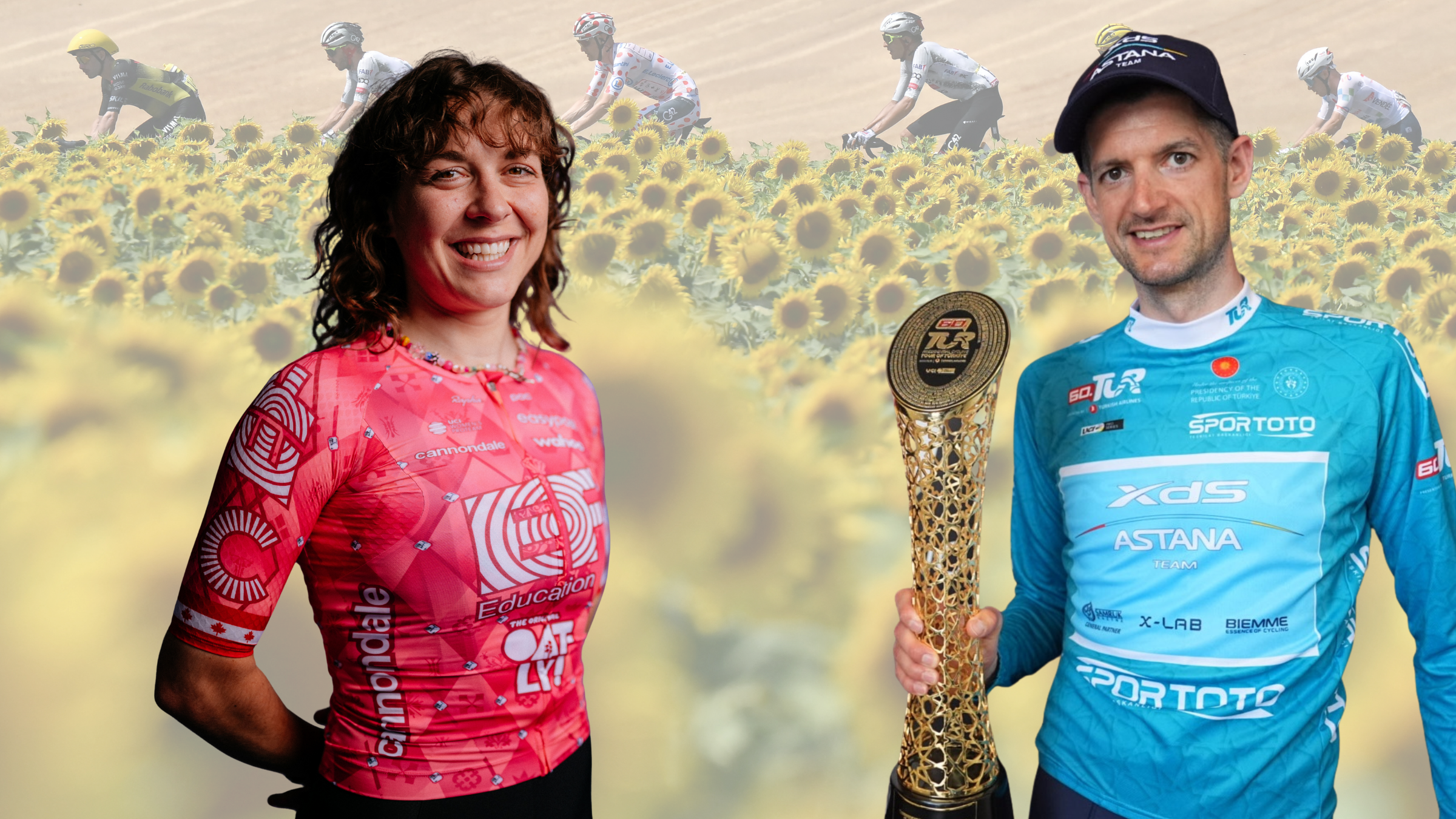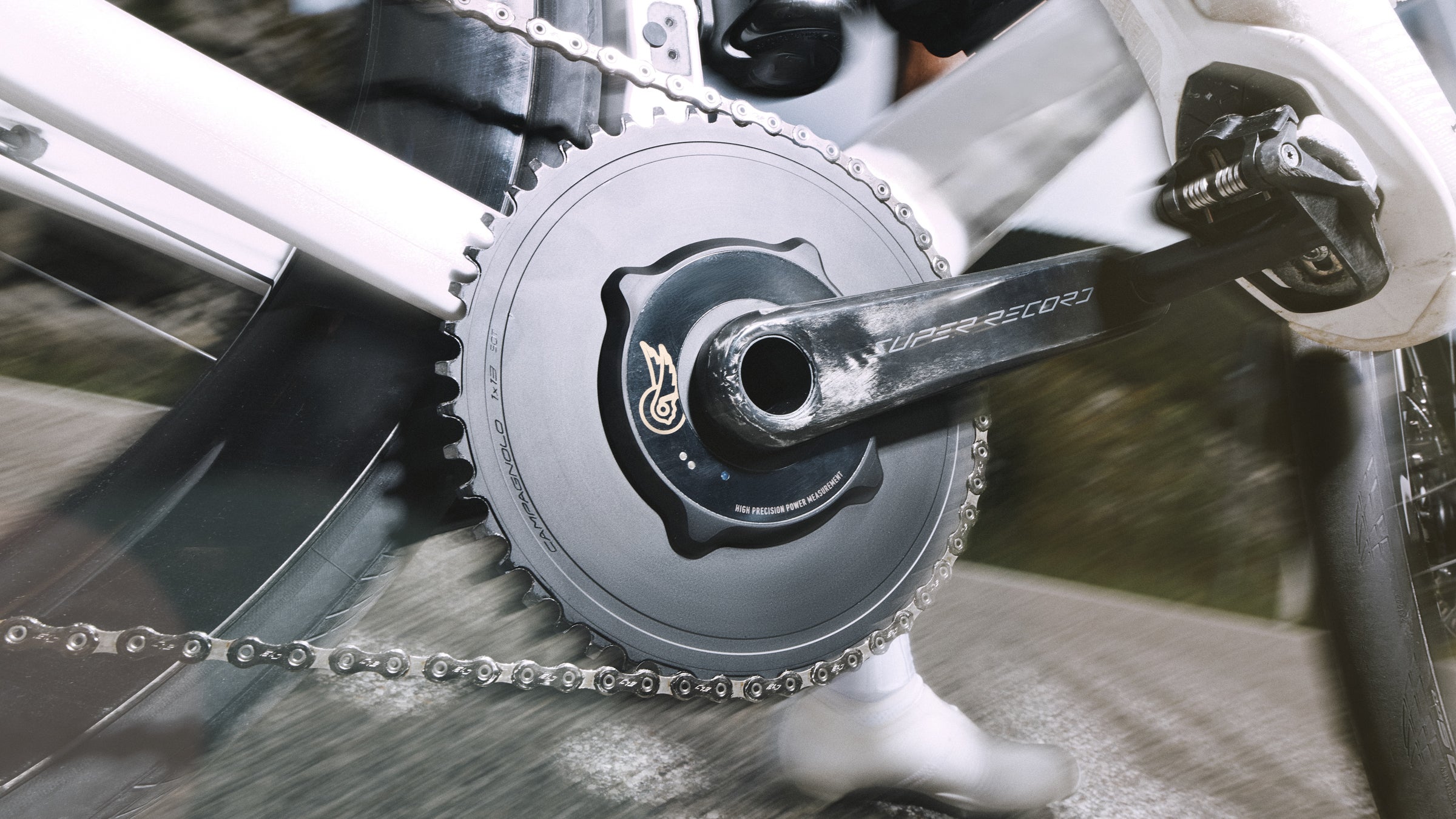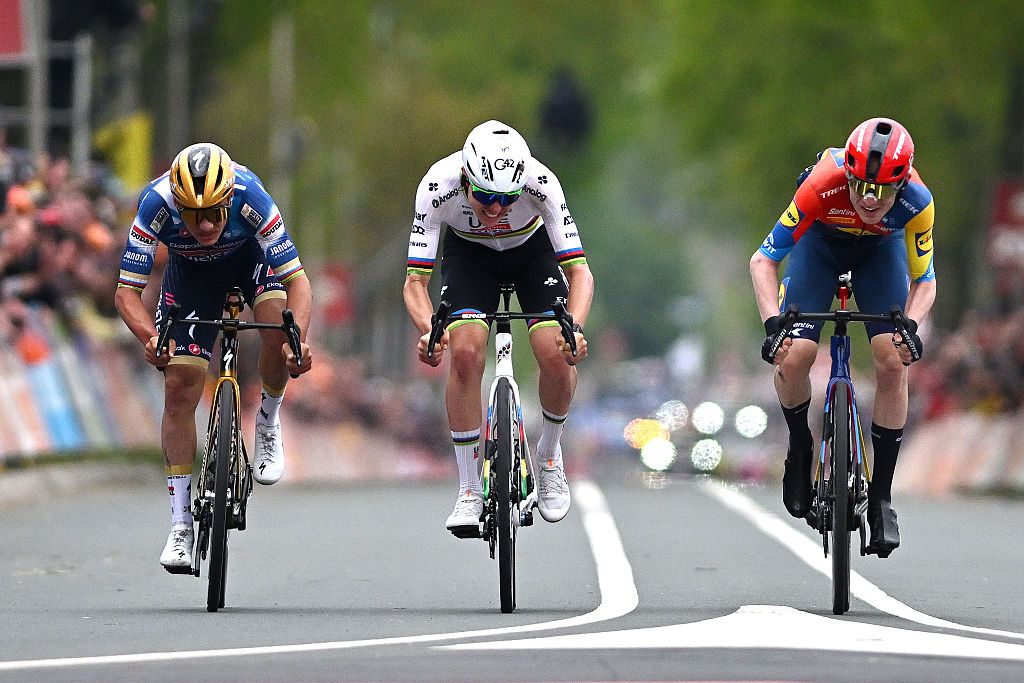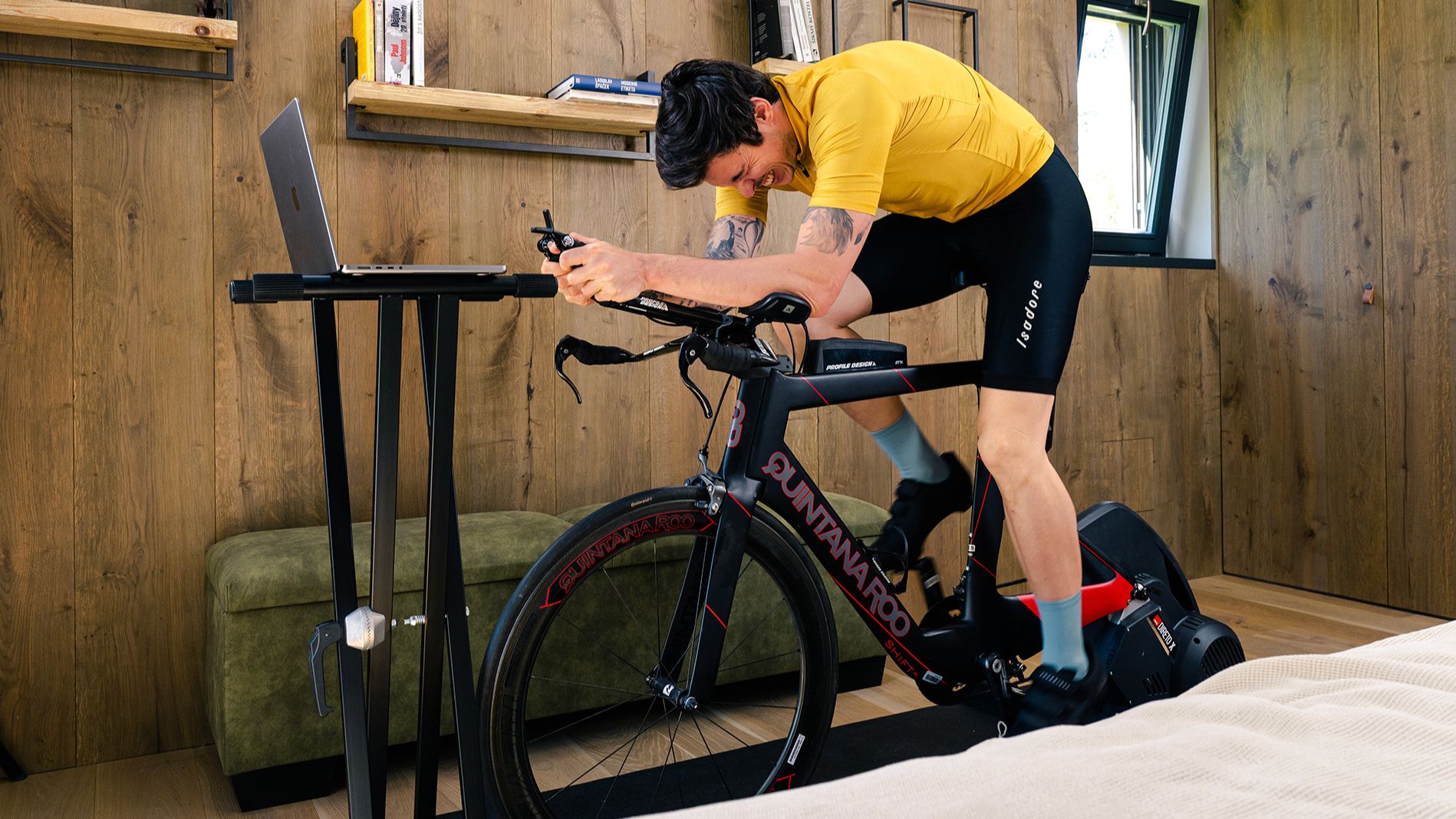Vingegaard’s Quest for One-Day Glory: Balancing Classics with Tour Ambitions
As bike enthusiasts watch the elite ranks of cycling evolve, Jonas Vingegaard’s recent attempt to break into the world of one-day classics has sparked conversations about strategy, preparation, and priorities. After facing a tough race at the European Championships, Vingegaard remains undeterred, suggesting that even champions need to recalibrate now and then. Let’s take a closer look at this fascinating intersection of aspirations in the world of professional cycling.
The Struggle at the Europeans
Jonas Vingegaard’s journey in the recent European Championships was less than triumphant. Managing competing demands on his body after an intense double-header of the Tour de France and Vuelta a España, he admitted to fatigue that hindered his performance. “I have to admit that I had to take more time off the bike after the Vuelta than I had hoped,” he shared, emphasizing the importance of proper preparation for one-day events.
Despite abandoning the race, Vingegaard’s belief in his potential for one-day victories remains steadfast. While deep-rooted fatigue affected his performance, the lesson learned could well benefit him moving forward. “Bad preparation equals bad results,” he noted candidly, a mantra that novice and seasoned riders alike can take to heart.
One-Day Experimentation vs. Tour De France Ambitions
As a two-time Tour de France champion, Vingegaard has firmly established his focus on multi-stage races. He appears to be on an “old-school” pathway, prioritizing altitude camps and arduous stage races, which clashes with the need for participation in one-day classics. With only a single one-day victory under his belt and noted rivals like Tadej Pogačar and Remco Evenepoel already shining in this format, Vingegaard’s traditional approach raises questions: How does he square this with the desire to compete in one-day races?
For fans and aspiring cyclists, this serves as a crucial reminder of how vital a balanced approach is when training and focusing on specific race types. While champions often aim for long-term victories, diversifying their racing experience can also offer valuable insights—both physically and mentally.
Coaching Perspectives and Future Outlook
Coach Michael Mørkøv had high hopes for Vingegaard’s performance at the Europeans, expecting sharper results from his star rider. Mørkøv’s perspective resonates with many trainers: preparation and condition are pivotal to success. The tight-knit relationship between athletes and their coaches often hinges on setting realistic performance goals, taking into account not just talent but also readiness.
As Vingegaard looks ahead to his racing calendar in 2026, he needs to assess how and when to integrate more one-day races into his program. Could a balanced training regimen allow him to exploit opportunities in both realms?
Insider Tips
From my perspective, Vingegaard’s journey underscores an essential lesson for cyclists of all levels: never underestimate the value of a well-thought-out training schedule. Balanced preparation can make the difference between achieving personal bests and facing underwhelming performances. Don’t shy away from experimenting with different race formats; every experience adds to your cycling repertoire.
Conclusion: A Path Forward in Cycling
As Vingegaard contemplates how to zag between one-day classics and his Tour ambitions, the cycling community eagerly awaits how he adapts his approach. Whether he continues to adapt his training for future one-day races or maintains his focus on stage races, one thing is certain: Vingegaard’s tenacity and willingness to learn will keep fans rooting for him in every race. As we cycle through our own journeys, let us carry forward his spirit of perseverance and the understanding that every pedal stroke propels us closer to our goals.
Original article: Click here

